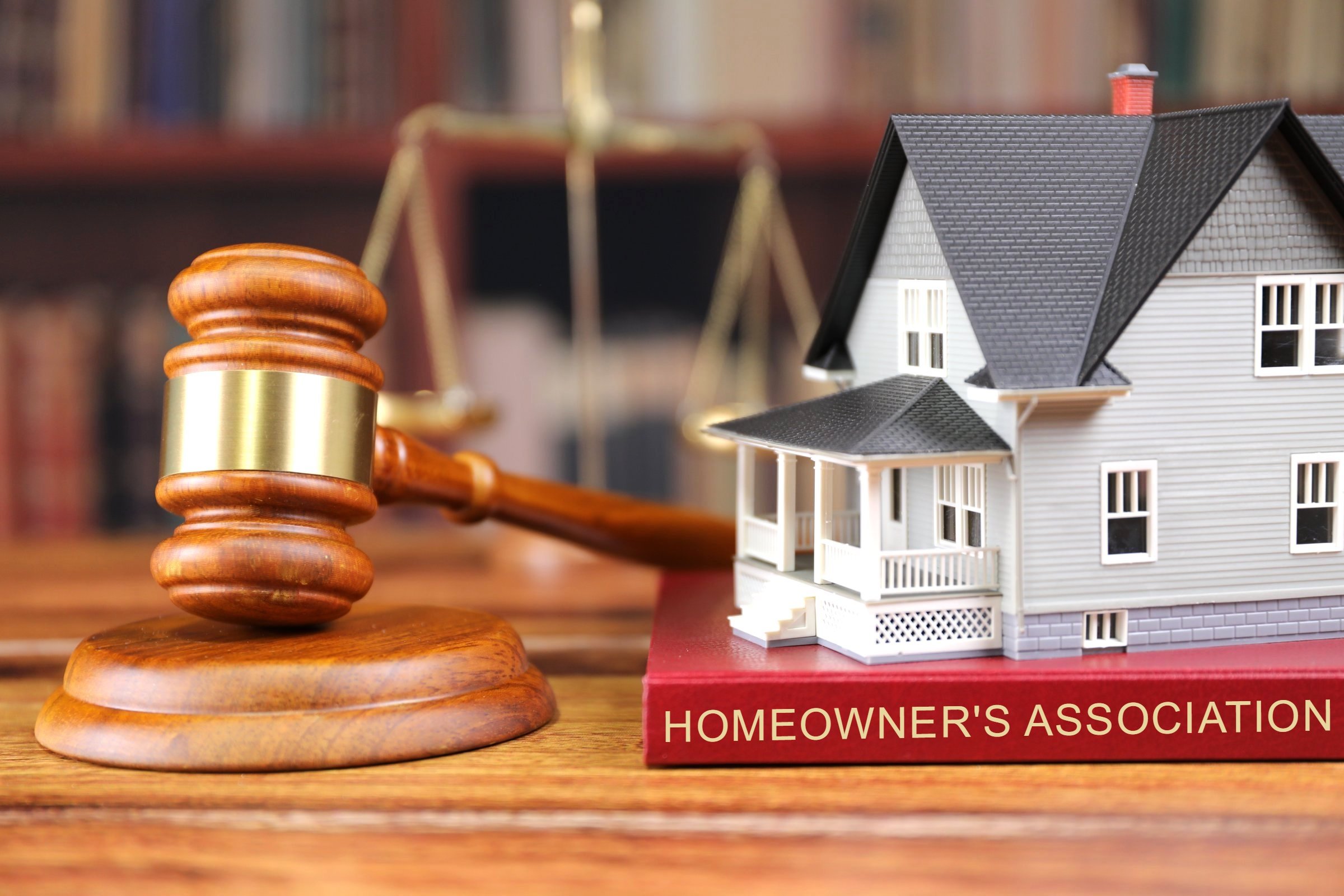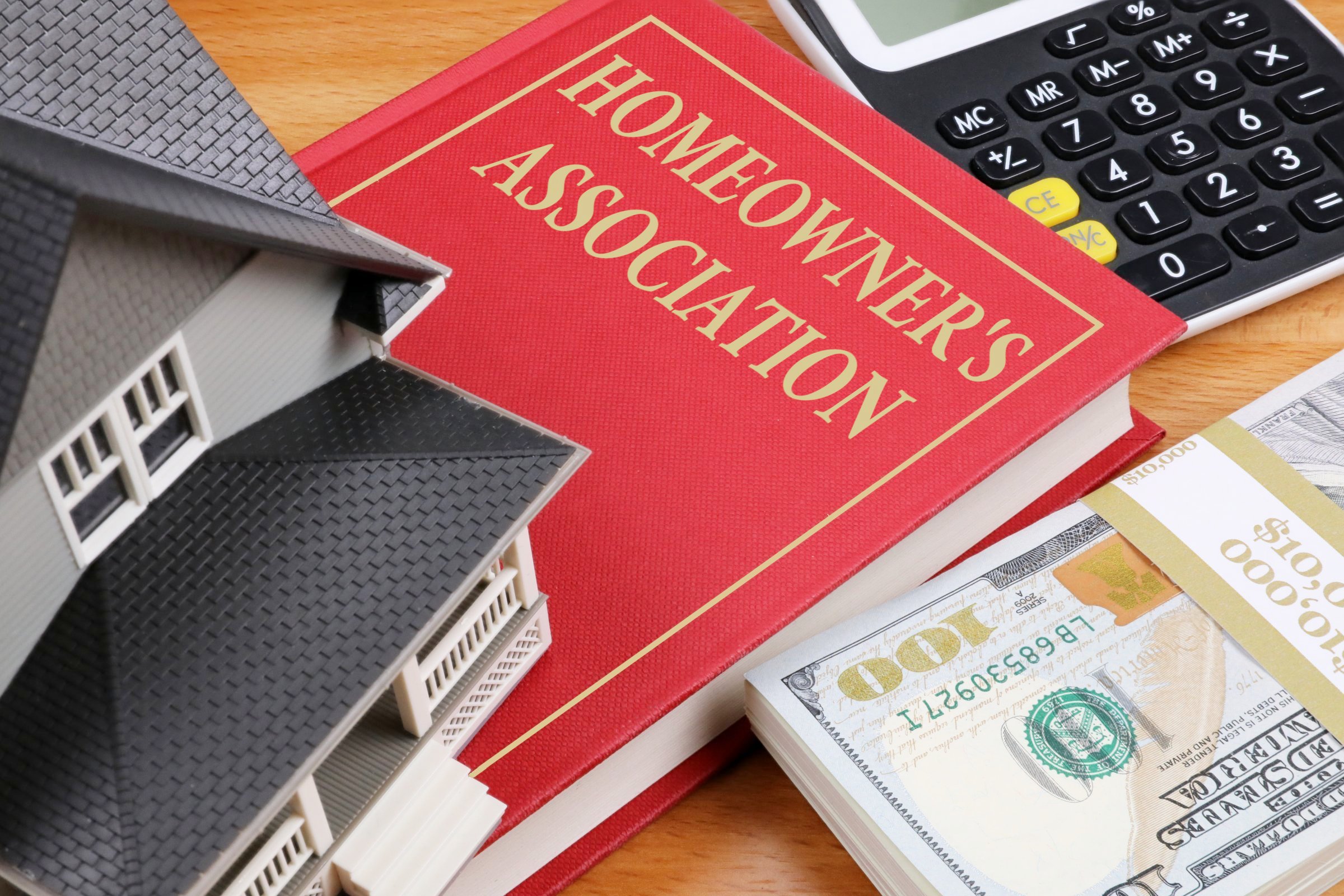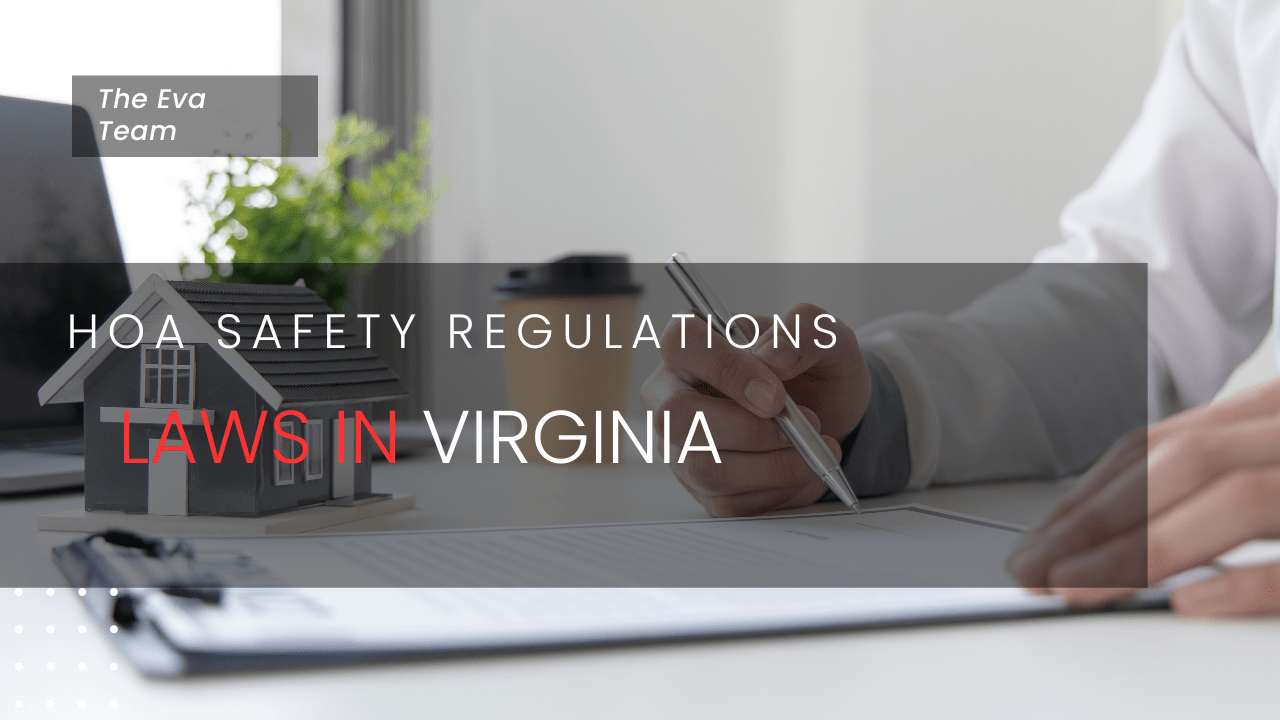Welcome to the world of homeownership in Virginia! When moving into a new home, especially in a community governed by a Homeowners’ Association (HOA), understanding the rules and regulations concerning home safety is vital. This guide will delve into the HOA safety laws and how they impact residents within Virginia. We’ll be covering various aspects from understanding the role of HOAs, common safety regulations, to specific Virginia laws that influence your community’s rules. Let’s dive in.
Why is there a Homeowners’ Association (HOA)?
A Homeowners’ Association, or HOA, is an organization within a residential community that creates and enforces rules for the properties and their residents. The existence of an HOA serves several primary purposes:
- Maintaining Common Areas: In many communities, there are shared spaces such as parks, swimming pools, and playgrounds. An HOA is responsible for the maintenance and upkeep of these common areas, ensuring that they are clean, safe, and enjoyable for all residents.
- Enforcing Community Standards: HOAs establish guidelines about the appearance and upkeep of properties within the community. These may include rules about lawn maintenance, exterior paint colors, or allowable outdoor decorations. By enforcing these standards, HOAs aim to maintain a cohesive and attractive appearance within the community.
- Enhancing Property Values: By maintaining common areas and enforcing community standards, HOAs contribute to preserving and even enhancing the value of properties within the community. Well-maintained properties and amenities can make the community more appealing to current and potential residents.
- Providing Dispute Resolution: Conflicts can arise between neighbors over issues such as property boundaries, noise, or pets. An HOA provides a structured way to address and resolve these conflicts, helping to maintain harmony within the community.
- Facilitating Community Engagement: Many HOAs organize community events, meetings, and activities that foster a sense of community and belonging among residents. This can help create a more connected, friendly neighborhood environment.
- Managing Financial Responsibilities: HOAs often collect dues from homeowners to fund common area maintenance, community improvements, and other shared expenses. Transparent financial management ensures that these funds are used responsibly for the benefit of the community.
If you live in Virginia, these associations are governed by a board of directors elected by the homeowners in the community. The roles and responsibilities of HOAs are broad and can include maintaining shared spaces like parks and swimming pools, ensuring architectural control, and setting out rules to maintain community safety.
Understanding the relationship between homeowners and the HOA concerning safety regulations is crucial. The HOA sets out the guidelines for safety within the community, and it’s the homeowner’s responsibility to adhere to these rules. Violating these rules can result in penalties such as fines or, in some cases, legal action. That’s why it’s essential to familiarize yourself with these regulations to enjoy a safe and harmonious living environment.
Common HOA Safety Regulations

HOAs in Virginia follow a set of common safety guidelines, which are typically outlined in the community’s bylaws or CC&Rs (Covenants, Conditions, and Restrictions). These guidelines may cover a range of safety issues, including rules about parking to prevent blockages for emergency vehicles, requirements for home maintenance to prevent hazards, and protocols for use of shared amenities to ensure everyone’s well-being.
For instance, HOAs may have specific safety rules concerning common areas and amenities like parks, pools, and playgrounds. These could involve restricting access during certain hours, setting age limits, or requiring supervision for minors. Similarly, HOAs enforce property maintenance rules, such as preventing overgrown vegetation that could pose a fire hazard or maintaining the exterior of houses to prevent structural hazards.
What are the State Laws and Safety Regulations for HOAs in Virginia?
Living in a community governed by an HOA in Virginia means understanding the specific laws and regulations that shape safety rules within your neighborhood. Virginia’s Property Owners’ Association Act (POAA) provides the legal framework for the creation and operation of HOAs within the state.
- Overview of Laws Governing HOAs in Virginia Regarding Safety Measures
Virginia’s laws offer clear guidelines on what HOAs can and cannot regulate. For instance, building codes and fire safety regulations must comply with state and local laws. HOAs must ensure that their rules align with these broader legal requirements, and failing to adhere to these laws can result in penalties both for the HOA and individual homeowners. - State-Specific Regulations Influencing Safety Rules
Virginia has specific regulations, such as the Virginia Maintenance Code, that influence safety rules within an HOA community. For example, this code might dictate the upkeep of shared spaces or individual property exteriors to prevent safety hazards. It’s essential for both HOAs and homeowners to understand and follow these unique Virginia laws. - Legal Consequences for Non-Compliance with Safety Regulations
Non-compliance with state or HOA safety regulations can result in various legal consequences. This could range from fines and legal notices to lawsuits in more severe cases. Knowing and understanding your legal obligations ensures that you maintain a safe living environment without running afoul of the law.
Specific HOA Safety Rules in Virginia
As part of maintaining a safe and secure community, HOAs in Virginia may enforce specific safety rules. Here’s a breakdown of what you might expect:
- Fire Safety Regulations
- Requirements for smoke detectors and fire extinguishers.
- Rules for grilling and outdoor fire pits, often in line with local fire department regulations.
- Security Measures
- Guidelines for installing home security systems.
- Access control protocols and visitor management to ensure community safety.
- Pool and Water Safety
- Rules for pool usage, including hours of operation and supervision requirements.
- Safety guidelines for fencing around pools or other water-related amenities, in compliance with Virginia’s state laws.
- Pet Rules
- Leash laws and pet waste management in common areas.
- Potential breed or size restrictions for certain pets, following local ordinances.
Importance of HOA Safety Education:
- Emphasize the Role of Educating Homeowners
Understanding your HOA’s safety rules isn’t just a matter of compliance; it’s about fostering a community where everyone feels secure and protected. HOAs may hold workshops or provide materials to educate homeowners about these rules. - Benefits of Safety Workshops and Training
Participation in safety workshops and training sessions can greatly enhance the overall safety of the community. These educational initiatives empower homeowners with the knowledge they need to prevent accidents and respond to emergencies. - Encouraging Community Involvement
You, as a resident, can play an essential role in promoting safety within your neighborhood. Your active involvement in safety initiatives, whether attending a workshop or volunteering in a community safety committee, enhances the overall well-being of everyone in your community.
Addressing Safety Concerns within the HOA:

Living in an HOA community requires a collective effort to maintain safety. But what happens when you encounter safety hazards or violations? Here’s how you can address these concerns:
- Process for Reporting Safety Hazards or Violations
- You should promptly report any safety issues to the HOA board or management. Whether it’s a broken fence around the pool or an unattended grill, taking quick action helps prevent accidents.
- Most HOAs have a defined procedure for reporting, so make sure you follow the specific guidelines set by your community.
- How the HOA Responds to Safety Concerns
- Once you’ve reported a concern, the HOA typically investigates the issue and takes appropriate action. This may involve repairs, warnings, or other measures to rectify the problem.
- Transparency is key here. HOAs should keep residents informed about the status of their complaints and any actions taken.
- Transparency and Communication in Implementing Safety-Related Decisions
- Communication builds trust. Clear and open communication from the HOA about safety decisions helps foster a sense of community and ensures everyone understands what is expected of them.
Balancing Safety and Community Harmony:
Enforcing safety rules is vital, but it must be balanced with maintaining a welcoming and harmonious community. Here’s how:
- Discuss Challenges in Enforcing Safety Rules
- Too rigid enforcement can strain community relationships. The challenge lies in enforcing rules firmly but fairly, without creating unnecessary tension.
- Strategies for Fostering a Positive Environment while Prioritizing Safety
- Collaborative approaches, like involving residents in decision-making or creating volunteer safety committees, can enhance community involvement and acceptance of safety rules.
- Recognizing and rewarding compliance, rather than just penalizing violations, can foster a more positive approach to safety.
- Highlight Successful Examples of HOAs in Virginia
- Sharing success stories from other Virginia communities can inspire and guide your HOA in striking the right balance between safety and harmony.
Conclusion
Living in an HOA community in Virginia offers many benefits, but it also comes with responsibilities. The safety rules and regulations guided by Virginia’s laws aim to create secure, pleasant living environments.
- Recap the Importance of HOA Safety Rules
- These rules are not mere formalities; they are essential in maintaining the well-being of everyone in the community.
- Encourage Familiarization with Safety Guidelines
- Whether you’re a homeowner or renter, understanding your HOA’s safety guidelines is crucial for a happy community life.
- Emphasize Collective Responsibility
- Safety is a shared responsibility. By working together, residents can uphold safety standards for the greater good of the community.
In the thriving communities across Virginia, HOAs play a vital role in ensuring home safety. As a resident, you can contribute by understanding and adhering to these regulations. Engage with your HOA, participate in safety education, and take an active role in creating a secure and harmonious community.
Subscribe to our mailing list and get interesting stuff and updates to your email inbox.





